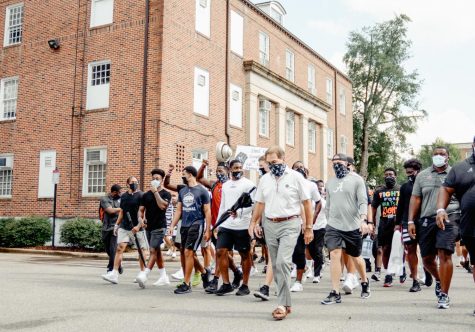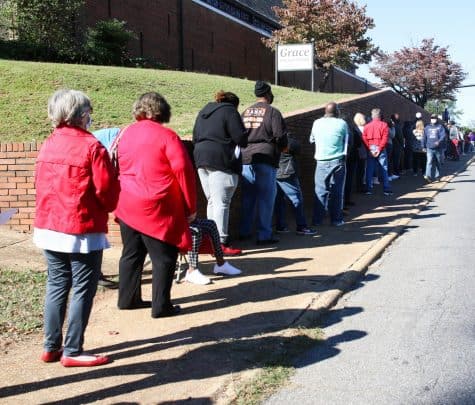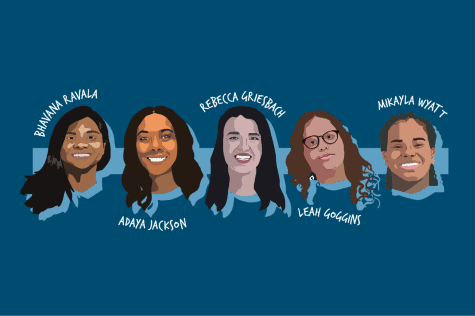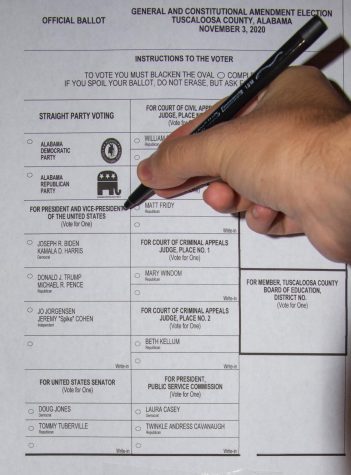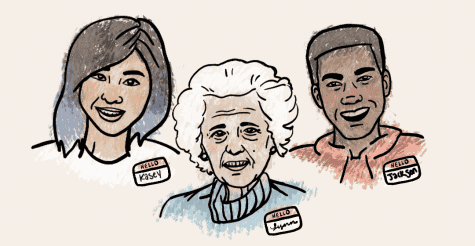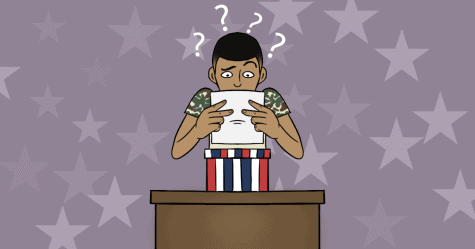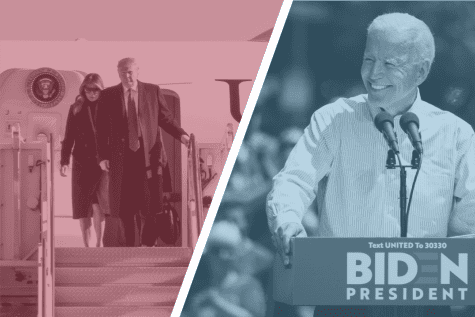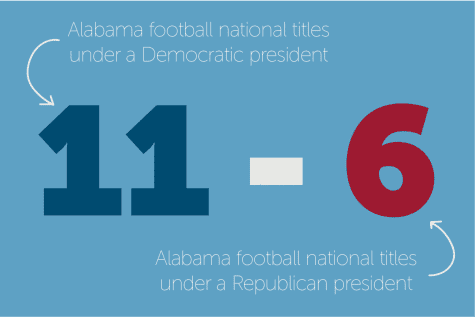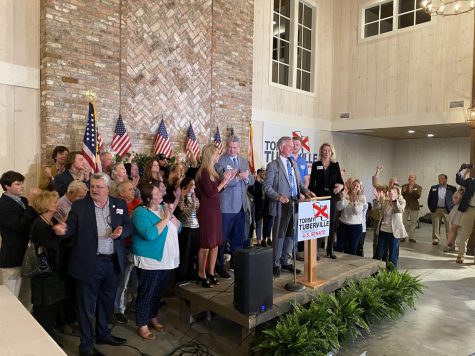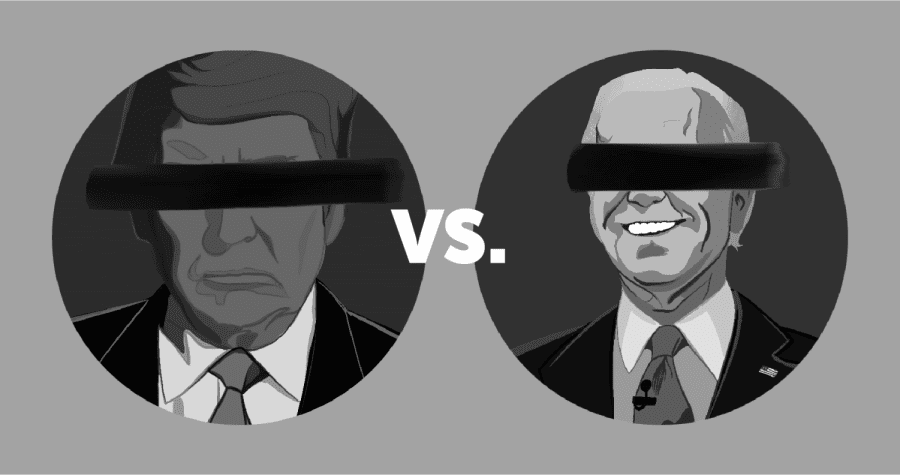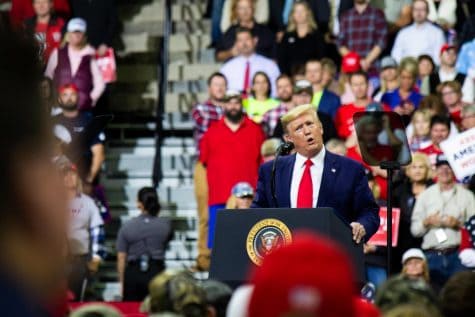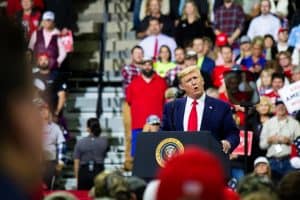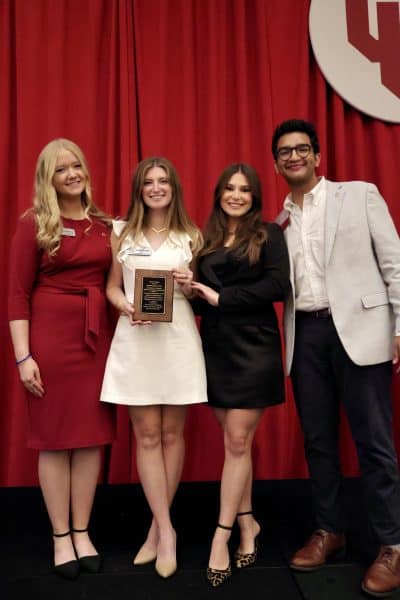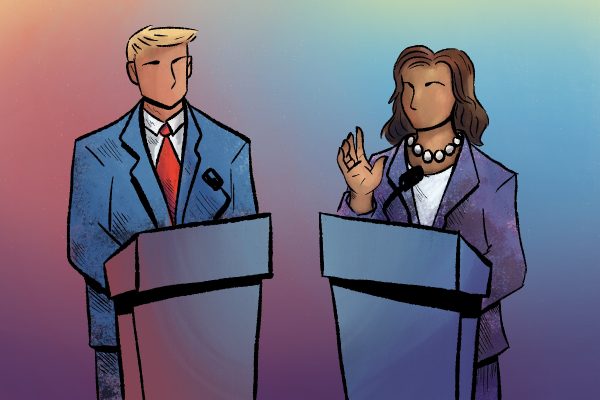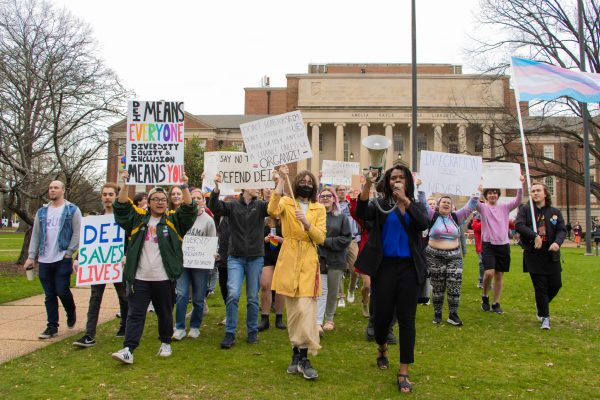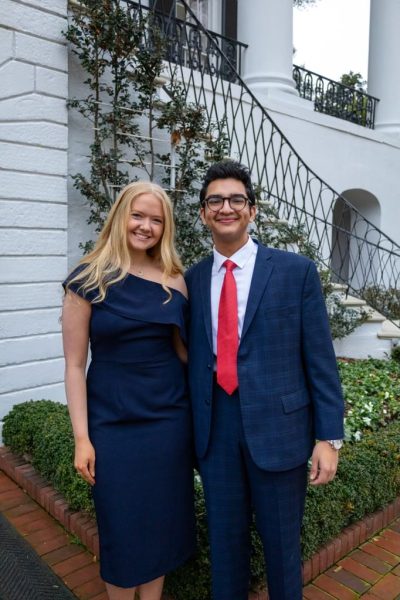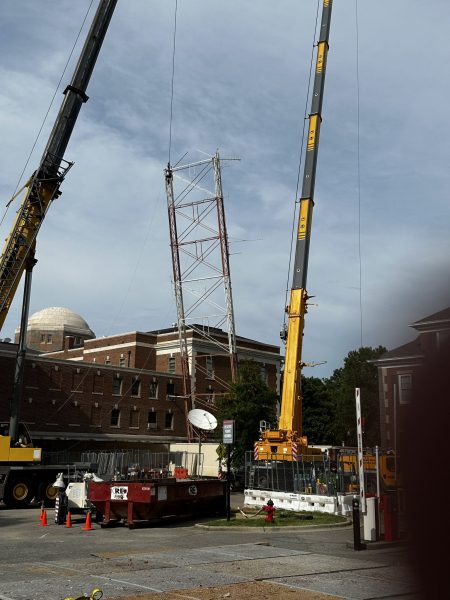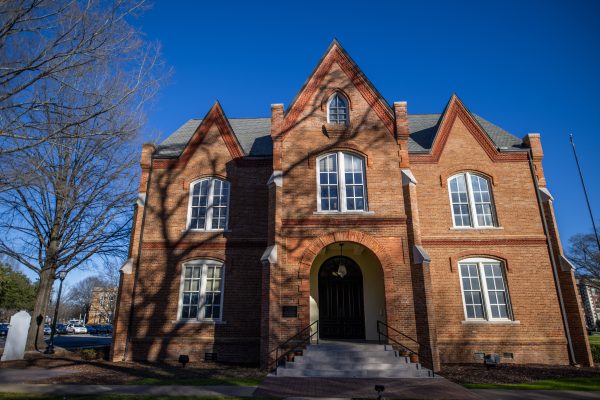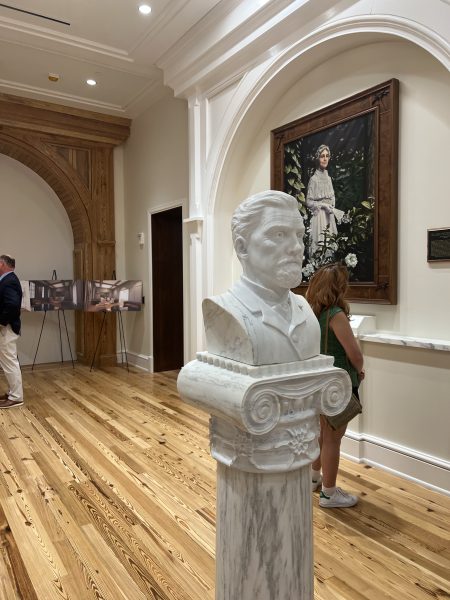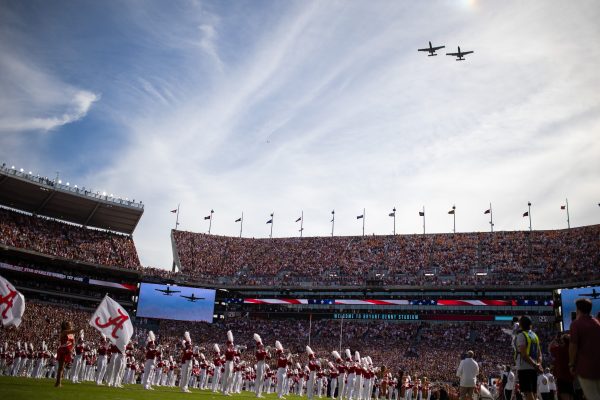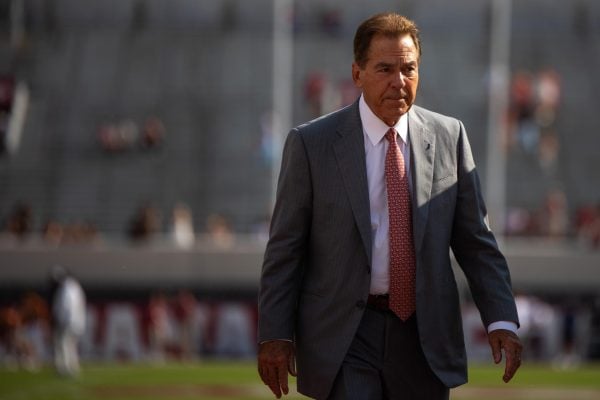Do debates matter? Students, professors weigh in
Presidential debates may make for great television ratings and dangerous drinking games. But they don’t necessarily change minds or inform.
Read more from the Nov. 2 Election Edition.
CW / Camille Black
The 2020 presidential debates looked a lot different this year. But that’s not likely to impact how students make their minds up about their presidential picks. I suspect that students are probably less likely to watch the debates than non-students simply due to the fact that college students tend to be less attentive to politics. — Richard Fording, professor of political science at the University
During the course of the 2020 presidential election there have been two presidential debates, one vice presidential debate and two separate town halls. Candidates do not shake hands, and they must stand a stage length apart from each other. Staff also installed mute buttons to avoid interruptions.
According to political science professor Richard Fording, people watching presidential debates are already decided voters. When a “candidate performs poorly in an objective sense,” Fording said, decided voters are less likely to acknowledge that fact or ignore it completely.
While some students watched the debates, others felt watching them was pointless. Jordana Kinder, a freshman majoring in international studies, said she knew who she wanted to vote for before watching the first presidential debate.
Kinder only watched the first debate. She said that she felt the debate would not help undecided voters because “they didn’t get anything done.” The rhetoric employed at the first 2020 presidential debate discouraged Kinder from watching future debates.
“I can learn more by reading about [their beliefs] than listening to their debates because their debates just sound like a lot of insults back and forth,” Kinder said.
But Fording said such stark differences in this year’s debates, such as “the aggressiveness of President Trump” during his debate performances, make it difficult to measure against other years.
“It is possible that despite the research on past debates, [the first] debate may have had a measurable impact on voters’ decisions,” Fording said.
Mitchell Gilbert, a freshman majoring in political science, watched all the debates except the town halls, which he read about. He also said he was a decided voter prior to the debates.
Gilbert said he felt the first debate was a bad performance for both candidates. But in the second debate, he said he believed “Trump definitely showed his leadership [and] Joe Biden showed that he has the qualities to be [the] Democrat nominee.”
There is also the question about whether or not many students are actually watching the debates. [Students] have an opinion, but they don’t know why they have that opinion — Mitchell Gilbert, a freshman studying political science
“I suspect that students are probably less likely to watch the debates than non-students simply due to the fact that college students tend to be less attentive to politics,” Fording said.
Gilbert said he felt that college students “don’t really care about politics enough.” He suggested that some students might base their opinions on what their parents believe.
“They have an opinion, but they don’t know why they have that opinion,” Gilbert said.
Fording also said that students should watch debates because it gives them the chance “to make a side-by-side comparison of the two candidates on a variety of issues.”
Gilbert agreed. A debate, he felt, could show voters “the true character of the leader that [each candidate] can be and what they stand for.”

